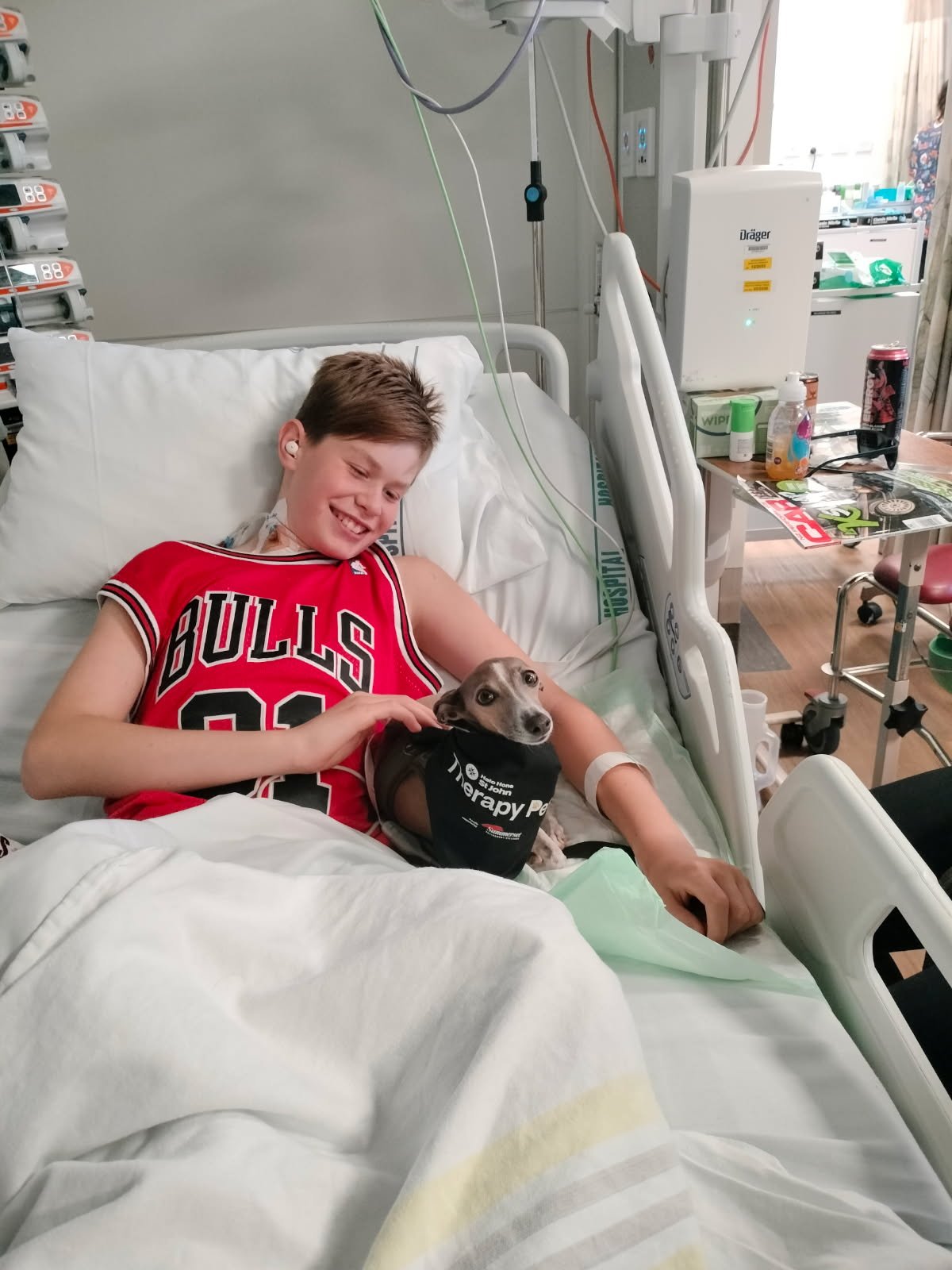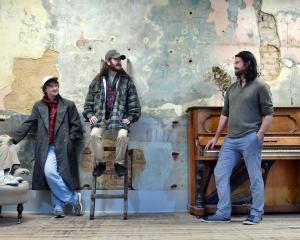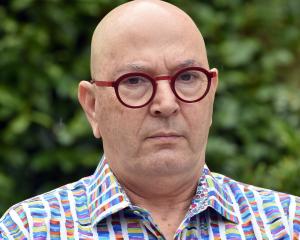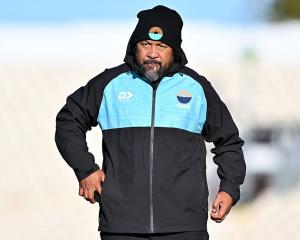
If not for the quick actions of teachers and medical staff from the Otago Southland Rescue Helicopter Trust, the 13-year-old would not be alive today.
Now, his classmates and teachers at Menzies College have given back by raising money for the helicopter trust.
Aiden is back at school, healing, although he will never play sport again.
At an athletics day at the college in late February, Aiden pulled away to lead a relay but then stumbled, fell over and did not get up.
He was having a heart attack on the field due to a rare condition known as catecholaminergic polymorphic ventricular tachycardia (CPVT).
His mother, JP Cottrell, who later found out she also has CPVT, said she and her family had no idea they had the condition.
"Aiden was diagnosed with epilepsy as a child, but it was cardiac. We didn’t realise.
"It was only once he had a heart attack and died for all intents and purposes, [that] we did genetic testing in Auckland [and] it came back he has CPVT.
"A lot of the time the first symptom is sudden death," she said.
CPVT, which affects about one in 10,000 people, is a condition where the lower chambers of the heart beat irregularly, leading to seizures, fainting, or, if left untreated, a heart attack.
Mrs Cottrell said the response from staff was immediate and lifesaving, in particular teachers Dean Ritani, Mark Kerslake and Tim Candreth.
"They were on Aiden within a minute. The realisation something was wrong happened very quickly.
"They worked like crazy. They worked until exhaustion and then further until more help arrived. Had he been anywhere else, it would have been a different story," she said.
Staff applied compression, checked his pulse, and finally used the defibrillator, which luckily had had its batteries changed only a month earlier, helping stabilise Aiden until first responders arrived.
First the ambulance, followed by police, then finally the helicopter crew, flying Aiden first to Dunedin before he was transferred to Starship Hospital.
Aiden was on life-support for a week before being moved to the intensive care unit, and would spend six weeks in total in hospital.
Now recovering, Aiden spends two hours a day at school while his body heals from the traumatic experience.
Both he and Mrs Cottrell take medications to reduce stress and adrenaline, are unable to take part in some activities, including sports, but she said it was a small price to pay.
"Our lives have changed drastically, but they almost fell apart in an instant. I don’t think I’ll ever forget arriving and seeing him receiving CPR, blue and floppy. He wasn’t with us."
Mrs Cottrell was grateful for everyone who stepped up to save Aiden’s life. She said the medical services from the helicopter staff made the biggest difference.
"Without the helicopters Aiden wouldn’t be here."
Menzies College Wellness Committee agreed, and organised their annual fundraiser to benefit the Otago Southland Rescue Helicopter Trust.
The Wyndham community showed its appreciation, raising $3600 for the trust, the largest amount the school has raised for a charity run.












